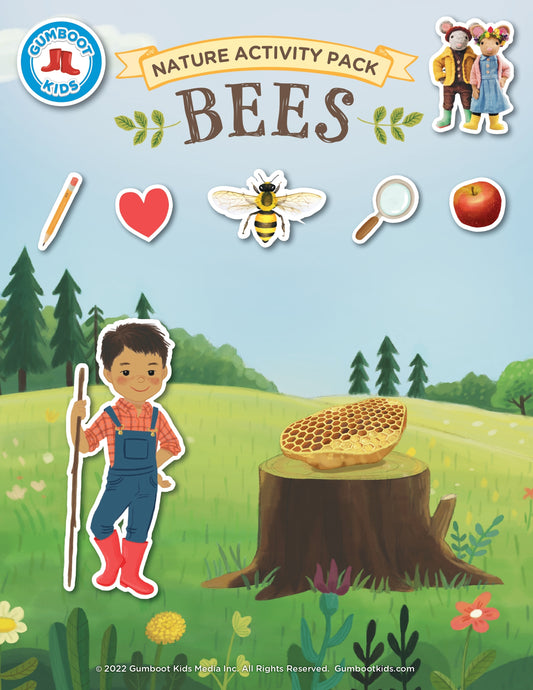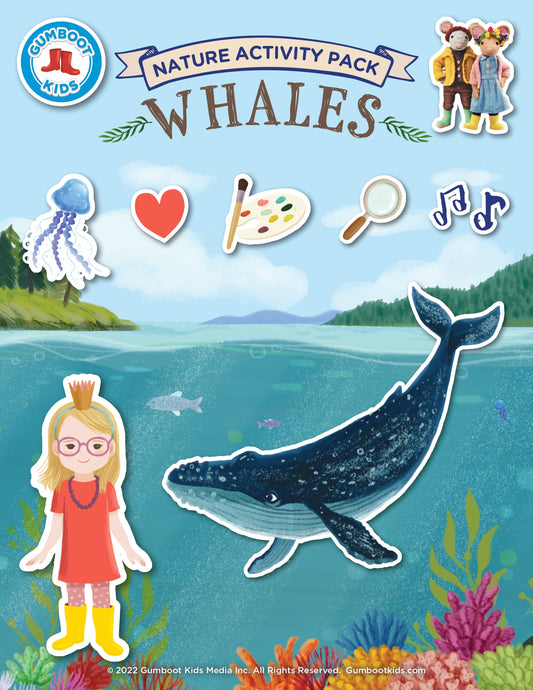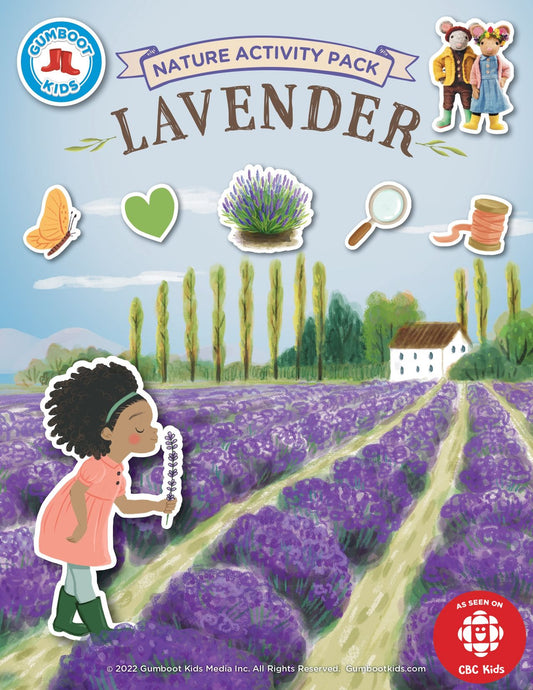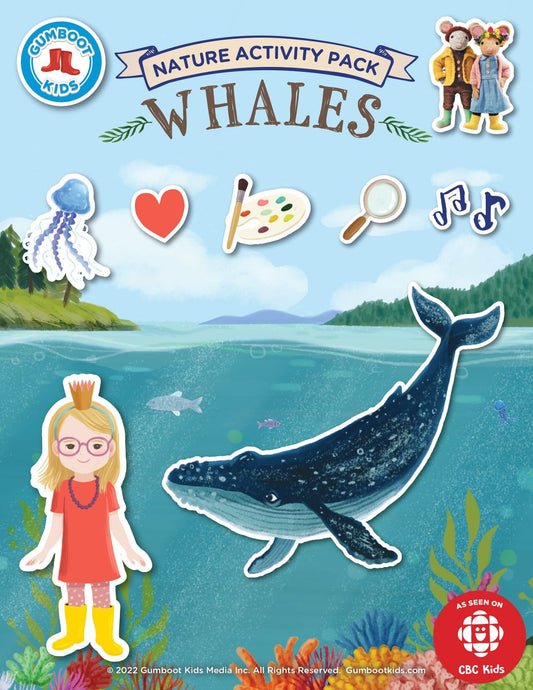Being in nature can have various benefits for children with visual impairment. Here are some ways in which it can help:
-
Sensory stimulation: Nature provides a wide range of sensory experiences, including sounds, smells, textures, and temperatures, that can stimulate other senses besides vision. For example, children can listen to the sound of birds or water, feel the texture of leaves or bark, and experience the different temperatures in the sun and shade.
-
Physical activity: Being in nature encourages physical activity such as walking, hiking, or climbing, which can help improve balance, coordination, and muscle strength.
-
Social interaction: Nature can provide opportunities for children to interact with others, such as participating in group activities or engaging in conversation about what they observe in the natural environment.
-
Cognitive development: Nature can provide opportunities for children to learn about the natural world and develop their cognitive skills. For example, children can learn about different plants and animals, observe patterns in nature, and practice problem-solving skills.
-
Emotional well-being: Being in nature can provide a sense of calmness and relaxation, which can help reduce stress and improve mood. Children with visual impairment can also benefit from being outdoors and enjoying the beauty of nature, even if they cannot see it in the same way as others.
In summary, being in nature can provide a range of benefits for children with visual impairment, including sensory stimulation, physical activity, social interaction, cognitive development, and emotional well-being.




